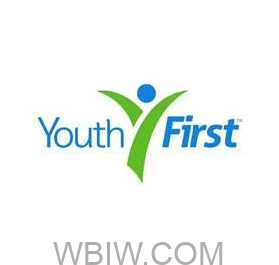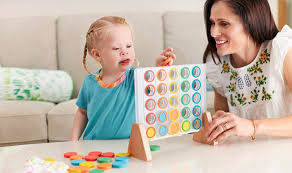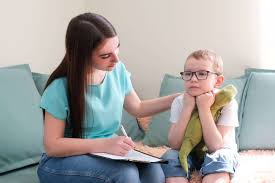
INDIANA – How long is your child’s attention span? Many people assume children’s attention spans should be longer than they are. You might be surprised to learn that the average is generally two minutes per year of age.
So, if your child is five years old, their attention span is about 10 minutes. Like anything else a child learns, it takes time and practice to help develop their attention span. It is not something that can be forced or happen overnight.

As parents and caregivers, we may become frustrated when a child doesn’t sit still or focus on a task for some time, but it is essential to remember where the child’s development stands. Consider if their inattention is developmentally typical or not. Sometimes, our expectations for children’s attention spans are high, but their brains may not be ready yet. After all, the brain is not fully developed until age 25 or even 30, so it is no surprise that they have a lot of room for growth.
The following are ways to help support the development of your child’s attention span.
Celebrate small wins each time your child stays on task. Positive words and encouragement go a long way to motivate a child. Provide activities that encourage thinking, such as a puzzle, memory game, or activity book.

It’s important to note that screen time does not help develop attention spans. It may seem like it does since the child is sitting still, but it doesn’t provide sufficient practice, as the brain isn’t doing the work during this time. It may have the opposite effect. Some studies show that increased screen time has even been linked to reduced attention spans and concentration skills.
Other helpful ideas include breaking larger tasks into smaller ones, keeping instructions clear and simple, removing distractions, and following consistent routines. Also, remember that context is a big factor. Consider situational and physical aspects such as how the child feels, what time of day it is, whether it is a noisy environment, whether they are hungry or tired, and so forth.

Additionally, providing breaks is extremely important. Breaks help kids rest, regulate, reset, and refocus their attention. While there are countless brain-break ideas, some include breathing techniques, guided meditations, yoga, stretching, playing, and going outside.

Finally, if you feel that your child is struggling with their attention span beyond what you can support with these strategies or beyond what is typical for their age, don’t be afraid to reach out to your child’s doctor or others to seek professional help.

Megan Shake, MSW, LCSW, is a Youth First Mental Health Professional at Loogootee Elementary, Middle, and High Schools in Martin County. Youth First, Inc., is a nonprofit dedicated to strengthening youth and families. Youth First provides over 100 highly trained mental health professionals (primarily master’s level social workers), prevention programs, parent engagement coordinators, and bilingual support personnel to 126 schools across 14 Indiana counties. Over 52,000 youth and families yearly are served by Youth First’s school-based social work and community programs that promote mental health, prevent substance misuse, and maximize student success. To learn more about Youth First, visit youthfirstinc.org or call 812-421-8336.



